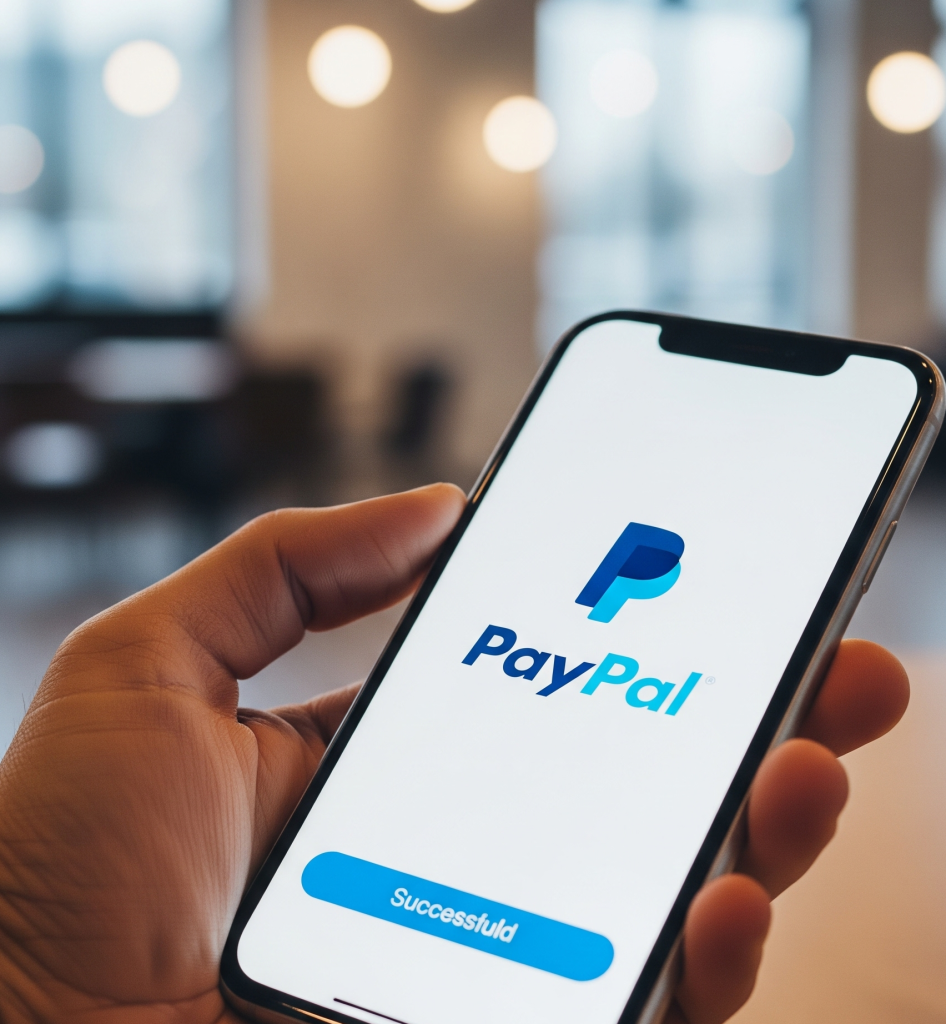Introduction
The emergence of remote employment has completely altered how people work together, earn money, and receive compensation. Today, freelancers regularly collaborate with clients they may never meet face-to-face, while teams are spread across multiple countries and time zones. In such a setup, digital payment systems have become the backbone of the global economy, ensuring that work flows smoothly without geographical barriers. Among these systems, PayPal has emerged as one of the most popular and trusted solutions, providing safe, convenient, and international transactions that fuel the remote workforce. It acts as a reliable bridge for cross-border business whether it’s a European startup paying an Indian developer, a Brazilian freelancer receiving funds from a US client, or a company managing payroll for a fully remote team. By offering both security and speed, PayPal has positioned itself as more than just a payment processor; it is a vital enabler of modern remote work.
Easy Global Transfers Without the Hassle
A major benefit of PayPal is the ease of making international money transfers. Conventional banking practices tend to be sluggish, necessitating documentation, currency exchange difficulties, and significant transaction costs. In contrast, PayPal provides:
- Support for many currencies: People can send and receive money in 25 different currencies and more than 200 markets.
- Quick transactions — payments are usually immediate, or at least significantly quicker than bank transfers.
- Reduced obstacles — no requirement to establish an international bank account to get funds.
- Protection for buyers and sellers — both clients and freelancers experience a feeling of safety during transactions.
This simplicity is precisely why PayPal has turned into a preferred resource for both businesses and remote employees.

How Freelancers Benefit from PayPal’s Features
Freelancers make up a significant amount of remote labor. For them, reliability and timeliness in payments are essential. PayPal provides capabilities like these to directly address their needs:
- Tools for creating invoices: By creating expert invoices and sending them straight through PayPal, freelancers can establish their company’s legitimacy.
- Recurring payments: PayPal allows subscription-style payments for customers with ongoing projects.
- Access to mobile apps: While on the road, freelancers can handle invoices, transfer money, and check balances.
- Integration with freelance platforms: PayPal withdrawals are frequently supported by websites such as Upwork, Fiverr, and Freelancer.
These capabilities facilitate payment collection and guarantee more seamless financial administration for independent professionals managing several clients across the globe.
Does PayPal Really Save Time for Remote Teams?
Time is a vital asset for remote teams located in different time zones. Arranging wire transfers or managing delays in banking operations can hinder cooperation. PayPal assists teams in overcoming these challenges:
- Teams can initiate mass payments to numerous freelancers with only a few clicks.
- Managers steer clear of the lengthy documentation typically associated with conventional cross-border payments.
- Instant alerts ensure everyone is informed, minimizing discussions about “when will I receive my payment?”
- Seamless integration with accounting software enables quicker tracking of expenses and management of payroll.
In summary, PayPal minimizes friction, enabling remote teams to concentrate more on productivity and less on financial management.
Comparing PayPal with Other Digital Payment Tools
Of course, PayPal isn’t the only player in the market. Tools like Wise (formerly TransferWise), Payoneer, and Revolut are popular alternatives. But how does PayPal measure up?
- Payoneer often has lower fees for large international transfers, making it appealing for businesses.
- Wise specializes in real-time exchange rates, offering more transparency in conversion.
- Revolut works well for personal users, especially in Europe.
However, PayPal’s global acceptance, brand trust, and ecosystem of features still give it an edge. Many clients and businesses prefer PayPal simply because it’s recognized almost everywhere, whereas other platforms may be limited by geography or integration.
The Bigger Picture: PayPal as a Global Connector
More than simply handling payments, PayPal serves a bigger purpose in connecting individuals globally. It relieves freelancers of the burden of navigating unfamiliar banking systems. It guarantees that a dependable and globally acknowledged tool supports the international workforce of companies.
Additionally, PayPal’s growth in collaborations with e-commerce platforms, gig-economy applications, and business software indicates that it is more than just a financial tool; it is a component of the digital work ecosystem. By enhancing trust and speed in financial transactions, PayPal is actively influencing how the remote economy operates.
Conclusion
The remote economy thrives on tools that remove friction, build trust, and save time. PayPal achieves all three by offering easy international transfers, freelancer-friendly features, and time-saving benefits for teams. While competitors exist, none have matched PayPal’s global presence and reliability in the digital work ecosystem. Alongside this, Wiraa, a global remote job platform, connects freelancers and companies worldwide, opening up opportunities where PayPal ensures secure and timely payments. For freelancers, PayPal means faster payments and professional invoicing. For companies, it means smooth payrolls and simplified cross-border operations. In many ways, PayPal has become more than just a payment service it’s a global connector that, together with talent platforms like Wiraa, makes modern remote work possible.




